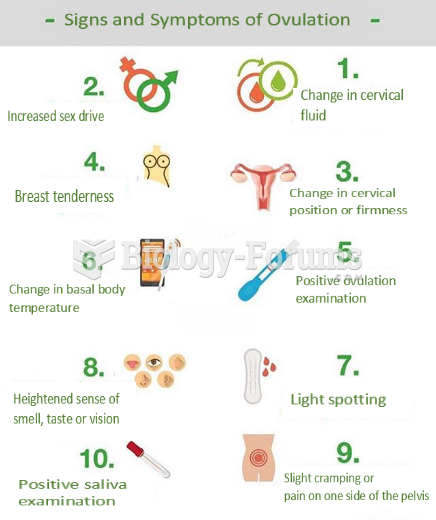|
|
|
In 2006, a generic antinausea drug named ondansetron was approved. It is used to stop nausea and vomiting associated with surgery, chemotherapy, and radiation therapy.
After a vasectomy, it takes about 12 ejaculations to clear out sperm that were already beyond the blocked area.
Between 1999 and 2012, American adults with high total cholesterol decreased from 18.3% to 12.9%
In the United States, an estimated 50 million unnecessary antibiotics are prescribed for viral respiratory infections.
Once thought to have neurofibromatosis, Joseph Merrick (also known as "the elephant man") is now, in retrospect, thought by clinical experts to have had Proteus syndrome. This endocrine disease causes continued and abnormal growth of the bones, muscles, skin, and so on and can become completely debilitating with severe deformities occurring anywhere on the body.







